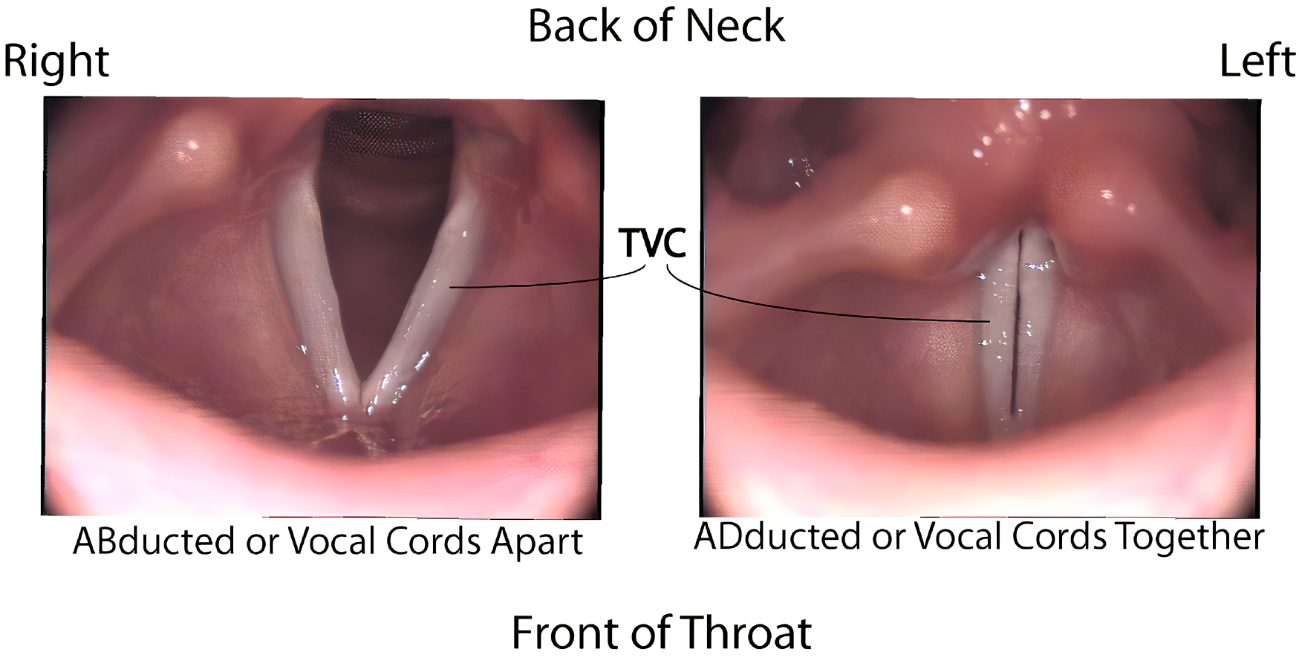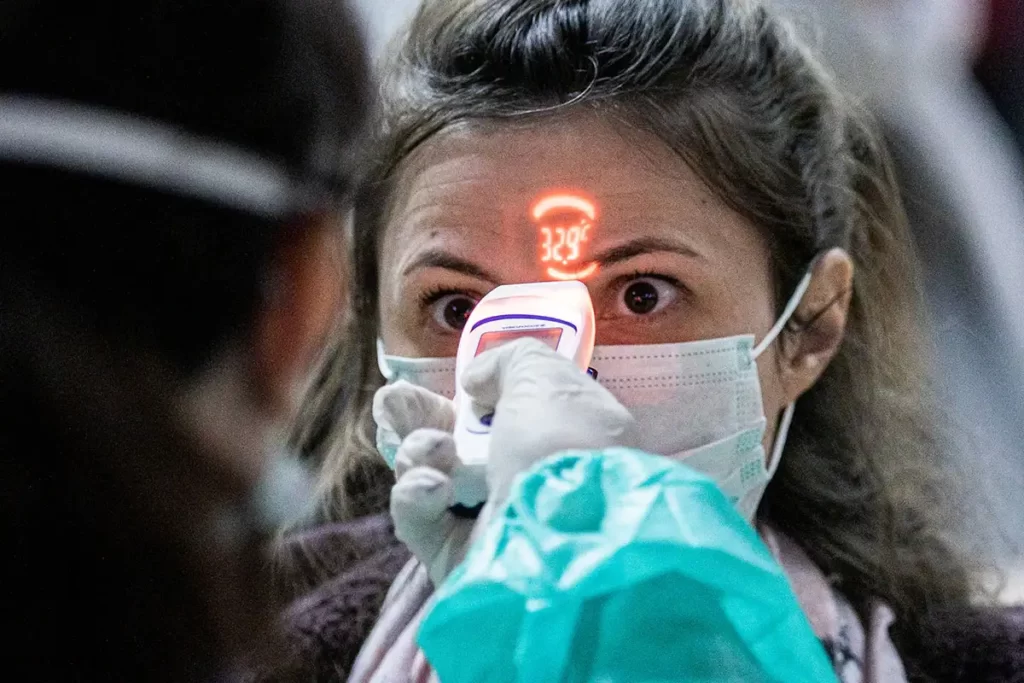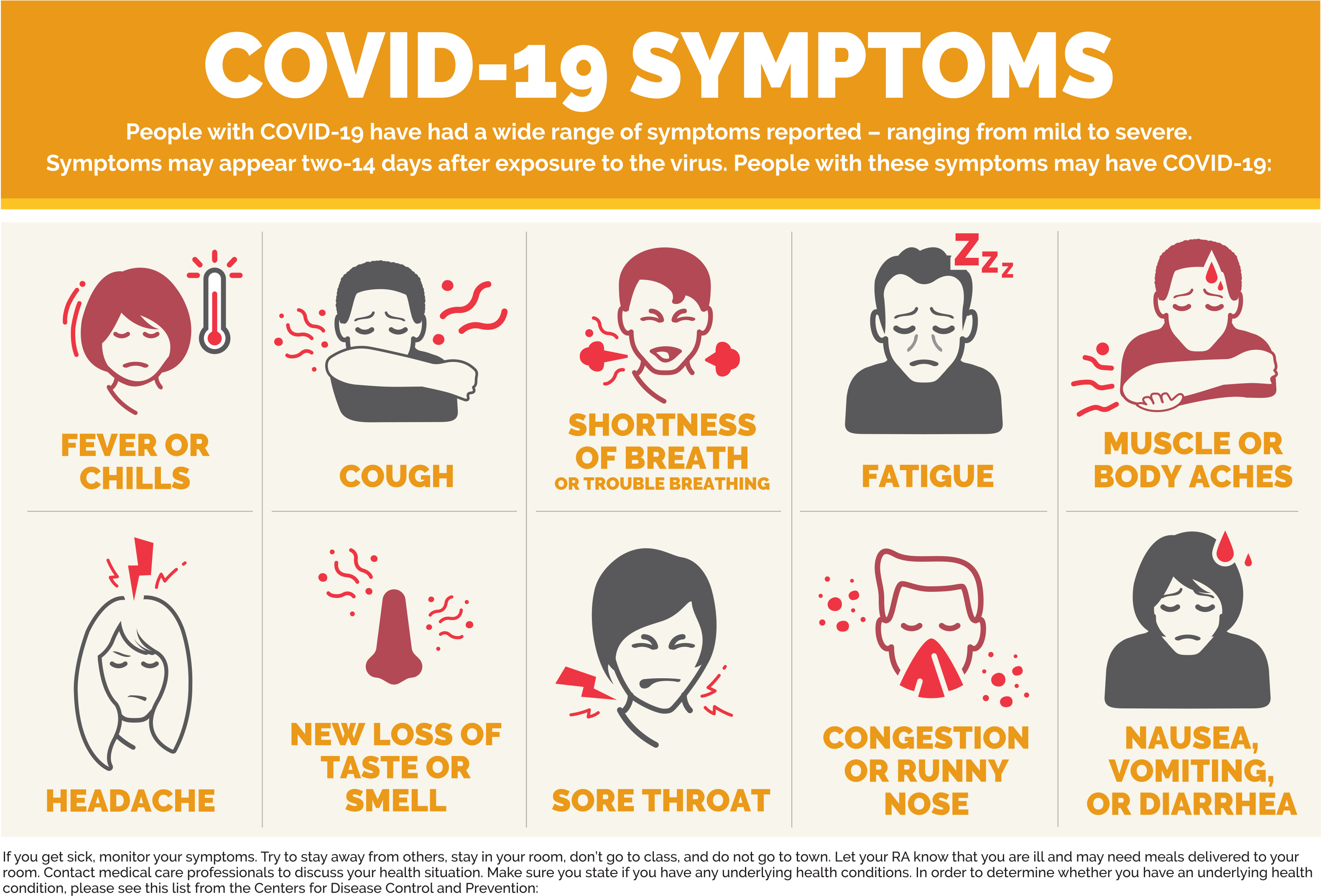World’s First Reported Case: COVID-19 Induces Vocal Cord Paralysis In Girl
From the Desk Of: Otolaryngologists Danielle Larrow and Christopher Hartnick from Mass Eye and Ear at Harvard Medical School
In an uncommon occurrence, a previously healthy teenage girl experienced sudden breathing difficulties days after contracting a SARS-CoV-2 infection. Medical professionals determined that the cause of her distress was the paralysis of her vocal cords induced by COVID-19.
ALSO, READ / Covid-19 JN.1 Variant and Subvariant Is Spreading Fast
Following the diagnosis, the girl underwent a surgical tracheostomy. This procedure involved creating an opening in her windpipe below the voice box, providing crucial respiratory support.
According to the latest case report on the incident, COVID-19’s impact on the nervous system has been identified as a potential cause for the rare occurrence of vocal cord paralysis.
The medical report noted that this is the first instance of a teenager experiencing vocal cord paralysis subsequent to a COVID-19 diagnosis, distinguishing it from previously documented cases primarily involving adults.
The corona virus is recognized to have neurological complications, such as headache, seizures, and peripheral neuropathy,” that underscores the possibility that vocal cord paralysis may represent an additional neuropathic consequence of the virus.
Doctors investigate girl’s symptoms
Medical professionals are probing into the symptoms exhibited by a 15-year-old girl who sought medical attention thirteen days after testing positive for SARS-CoV-2.
Initially presenting with symptoms such as fever, congestion, and fatigue, which ameliorated after five days, she later reported difficulty breathing, particularly during physical activity, nine days post-testing.
Emergency department physicians observed rapid and noisy inhalation, indicative of obstructed airflow, despite the girl maintaining normal oxygen levels.
Although tests for respiratory infections, including SARS-CoV-2, yielded negative results, the 15-year-old, with a history of anxiety and asthma, received bronchodilators and steroids for a presumed asthma attack, which proved ineffective.
Upon examination by otolaryngologists, the initial diagnosis was paradoxical vocal fold motion (PVFM), a condition where vocal cords close instead of opening during breathing attempts.

Despite undergoing speech therapy for this condition, no improvement occurred, suggesting a departure from typical PVFM presentations.
Subsequent examination revealed bilateral vocal cord paralysis, indicating immobility in both vocal cords.
Based on these findings, doctors proposed that the teenager’s prior COVID-19 infection might have weakened her vocal cords, potentially causing numbness and weakness on one side.








